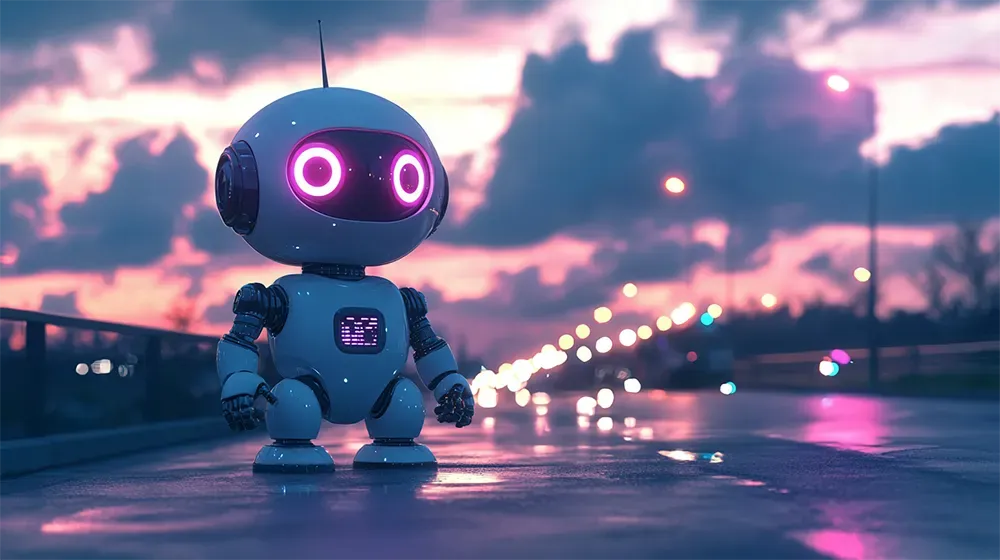Machines of Hope: Can AI Make Utopia Real?

If AI holds the power to cure diseases, end poverty, and extend human life, what excuse do we have for not building a better world — right now?
Anthropic’s latest essay argues that the future of AI is a high-stakes balancing act — one where extraordinary benefits are possible, but only if we confront the risks head-on.
CEO Dario Amodei outlines a vision where AI transforms healthcare, poverty, governance, and meaning in human life. This “compressed century” promises medical breakthroughs, from cancer cures to the eradication of genetic diseases, all within the next decade. However, the challenge lies in aligning technology with ethical outcomes while avoiding sci-fi grandiosity and misguided hype (or a job-less society).
- AI could accelerate biology, neuroscience, and mental health, achieving progress that would have otherwise taken 100 years.
- The risk isn’t AI itself but the human failure to distribute these benefits globally and equitably.
- Peace, governance, and work must be rethought to ensure AI enhances freedom and purpose, rather than disrupt societies.
The future will be what we make of it. AI offers a once-in-a-lifetime opportunity to create a world of abundance, but only if we act now to channel it responsibly, ensuring no one is left behind. Will we embrace the chance to shape AI for good—or leave it to chance?
Read the full article on Dario Amodei - Anthropic.
----
💡 We're entering a world where intelligence is synthetic, reality is augmented, and the rules are being rewritten in front of our eyes.
Staying up-to-date in a fast-changing world is vital. That is why I have launched Futurwise; a personalized AI platform that transforms information chaos into strategic clarity. With one click, users can bookmark and summarize any article, report, or video in seconds, tailored to their tone, interests, and language. Visit Futurwise.com to get started for free!






